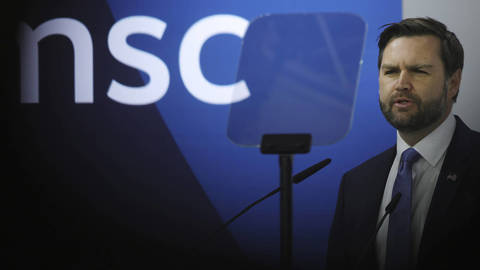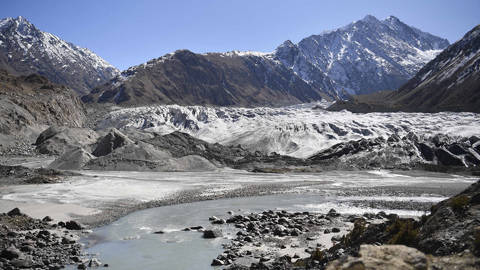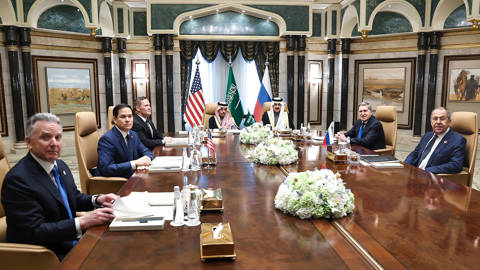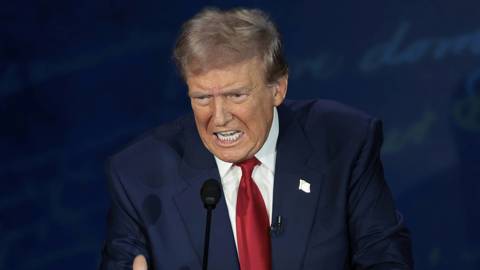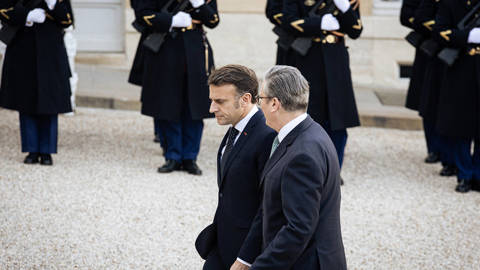Graham Allison
Graham Allison, Professor of Government at Harvard University's John F. Kennedy School of Government, is the author of Destined for War: Can America and China Escape Thucydides’s Trap?
-
Is China Winning the AI Race?
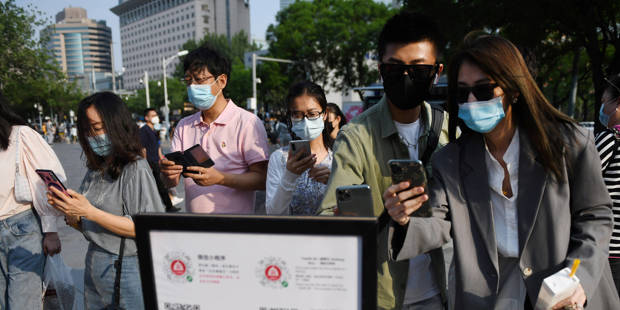
Is China Winning the AI Race?
Aug 4, 2020 Eric Schmidt & Graham Allison worry that too many Americans are convinced, wrongly, that US technological supremacy is unassailable.
-
The Case for Secret Diplomacy
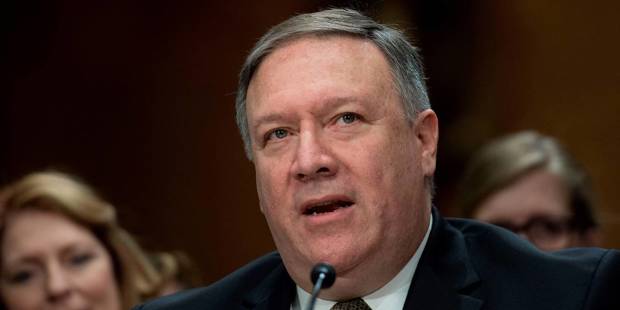
The Case for Secret Diplomacy
Apr 26, 2018 Graham Allison thinks Secretary of State-Designate Mike Pompeo was right not to disclose his North Korea assignation.
-
The Conscience of a Conservative?
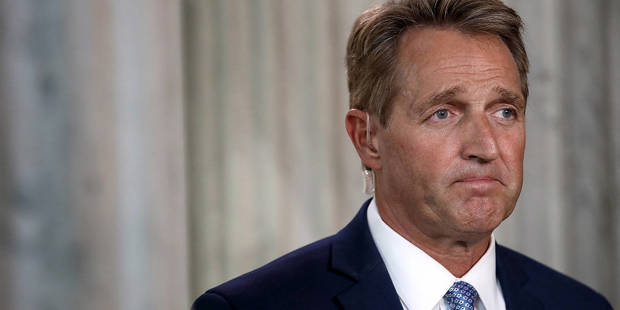
The Conscience of a Conservative?
Nov 3, 2017 Graham Allison laments that a Republican senator's response to threats against US democracy is simply to quit.
-
Optimizing Decision-Making in a Dangerous World

Optimizing Decision-Making in a Dangerous World
Sep 4, 2017 Graham Allison & Arianna Huffington argue that today's global problems require not just action, but deep and careful consideration.
-
Lee Kuan Yew’s China
Lee Kuan Yew’s China
Feb 25, 2013 Graham Allison, et al.
